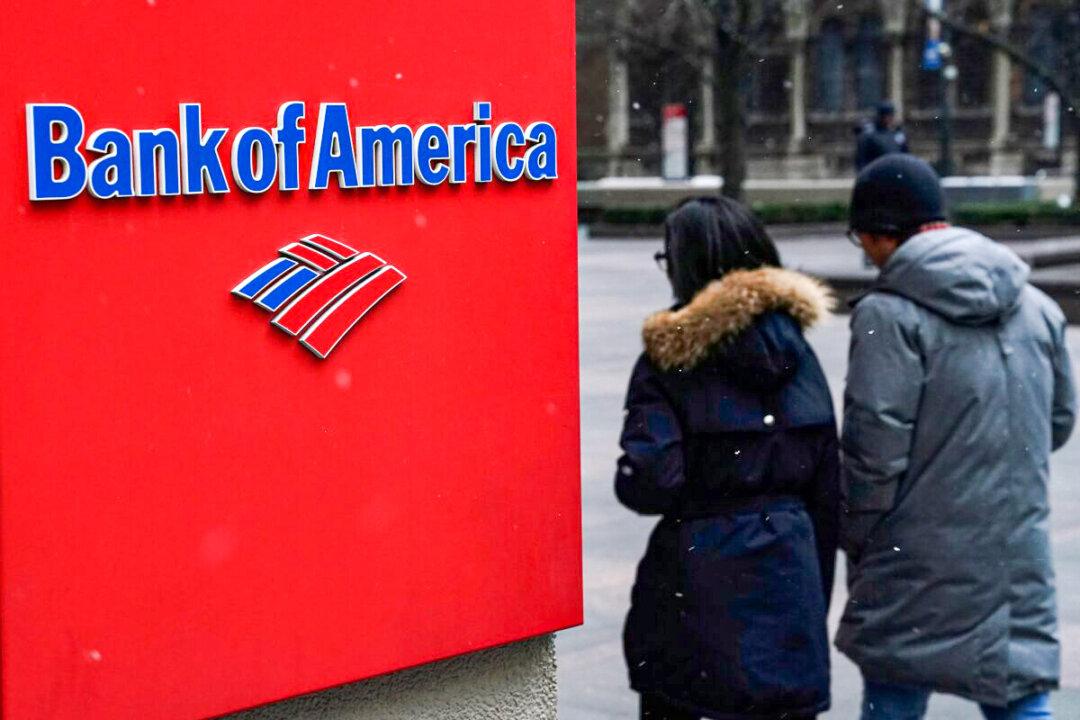Bank of America has changed its forecast for the likelihood of a U.S. economic downturn, predicting a 40 percent chance that America’s economy will tip into recession in 2023, joining the growing chorus of analysts warning a slowdown may be around the corner.
Analysts at BofA led by economist Ethan Harris wrote in a note on Friday that they expect the U.S. economic growth to slow to a trickle by the second half of next year, blaming the impact of tighter financial conditions as the Fed reverses its long run of easy money policies.





